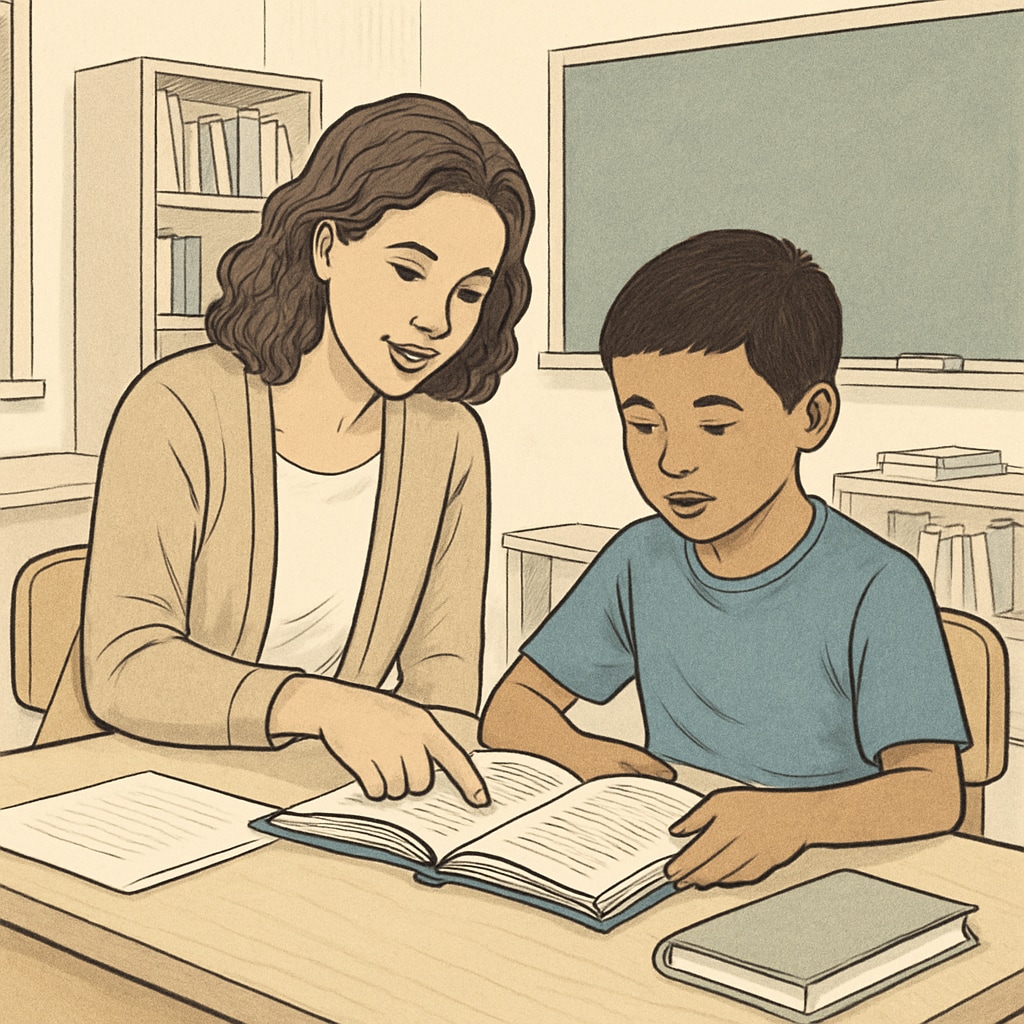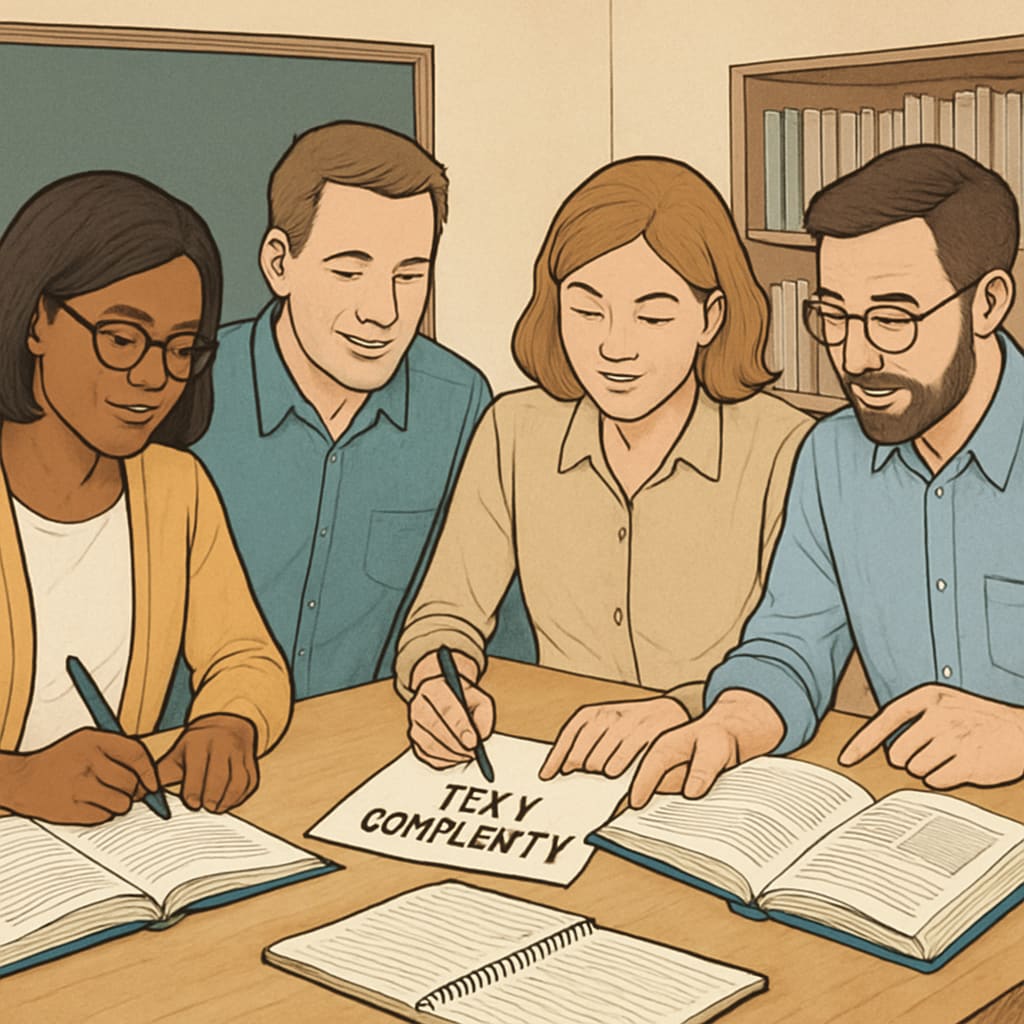Reading comprehension, teacher volunteers, and text complexity research form the foundation of effective K-12 literacy education. Teachers play a pivotal role in identifying challenges students face with reading materials and ensuring that resources align with learners’ needs. To advance these goals, we are inviting elementary and middle school educators to participate in a simple 30-minute evaluation activity. Through their expertise, we aim to refine the guidelines for matching students with appropriate reading materials and enhance assessment standards for K-12 education.
The Value of Teachers in Reading Comprehension Research
Teachers are the cornerstone of literacy development, equipped with first-hand insights into students’ reading abilities. Their daily interactions with diverse learners allow them to identify which texts resonate with students and which pose unnecessary challenges. By involving teachers in research, we can bridge the gap between academic theories on text complexity and the real-world classroom experience.
For example, one major aspect of reading comprehension involves understanding the readability of texts, which is influenced by factors such as vocabulary, sentence structure, and thematic depth. Teachers can provide invaluable feedback on how these factors impact learners of varying skill levels. This feedback can then inform the development of more precise readability metrics and tailored educational resources.

How Teacher Volunteers Can Shape the Future of Text Complexity Standards
To optimize reading comprehension tools, we are launching a collaborative initiative that relies on the expertise of teacher volunteers. The process involves participating in a 30-minute evaluation activity where educators will analyze sample texts and assess their suitability for specific grade levels. This data will contribute to the refinement of text complexity algorithms, ensuring they are aligned with classroom realities.
Here’s how participating teachers can make an impact:
- Enhancing Resource Alignment: By evaluating texts, teachers help ensure that educational materials are appropriately challenging yet accessible for students.
- Promoting Equity: Feedback from diverse classrooms can lead to resources that are inclusive of varied learning needs, fostering equal opportunities for all students.
- Influencing Policy: The insights gathered will inform broader educational standards and policies, shaping the future of literacy education.

Why Your Expertise Is Needed
While algorithms and readability formulas provide a starting point, they cannot fully capture the nuances of a classroom environment. Only teachers can offer the contextual expertise needed to bridge the gap between theoretical models and practical application. For example, a text may score well on a readability scale but fail to engage students due to cultural or thematic disconnects. Teachers’ insights ensure that these qualitative aspects are not overlooked.
Additionally, participating in this initiative allows educators to actively shape the tools and standards they rely on, empowering them to advocate for their students’ needs. It is an opportunity to collaborate with researchers and make a lasting impact on literacy education.
How to Get Involved
Becoming a part of this initiative is simple and impactful. Here’s what you need to know:
- Eligibility: We are seeking elementary and middle school teachers who have experience with K-12 reading instruction.
- Time Commitment: The evaluation activity takes approximately 30 minutes and can be completed online at your convenience.
- Sign-Up Process: Interested educators can sign up here to participate.
By joining this initiative, you will be contributing to a growing body of research aimed at improving literacy outcomes for students nationwide. Your expertise is not just valued—it is essential.
Conclusion: Involving teachers in reading comprehension and text complexity research is a win-win for educators, students, and researchers alike. Through their participation, we can ensure that K-12 reading resources are not only effective but also equitable and engaging. Join us in building a brighter future for literacy education.


